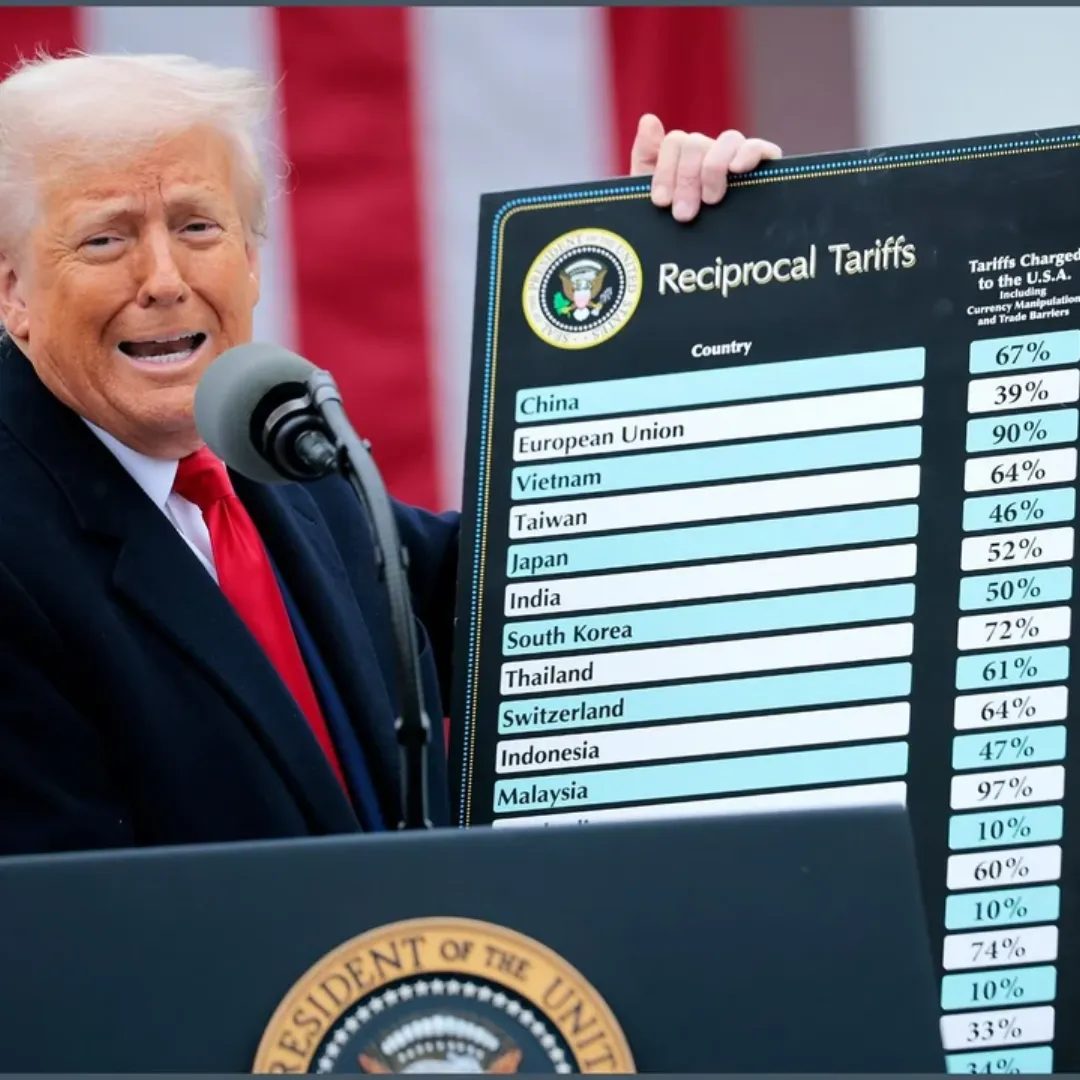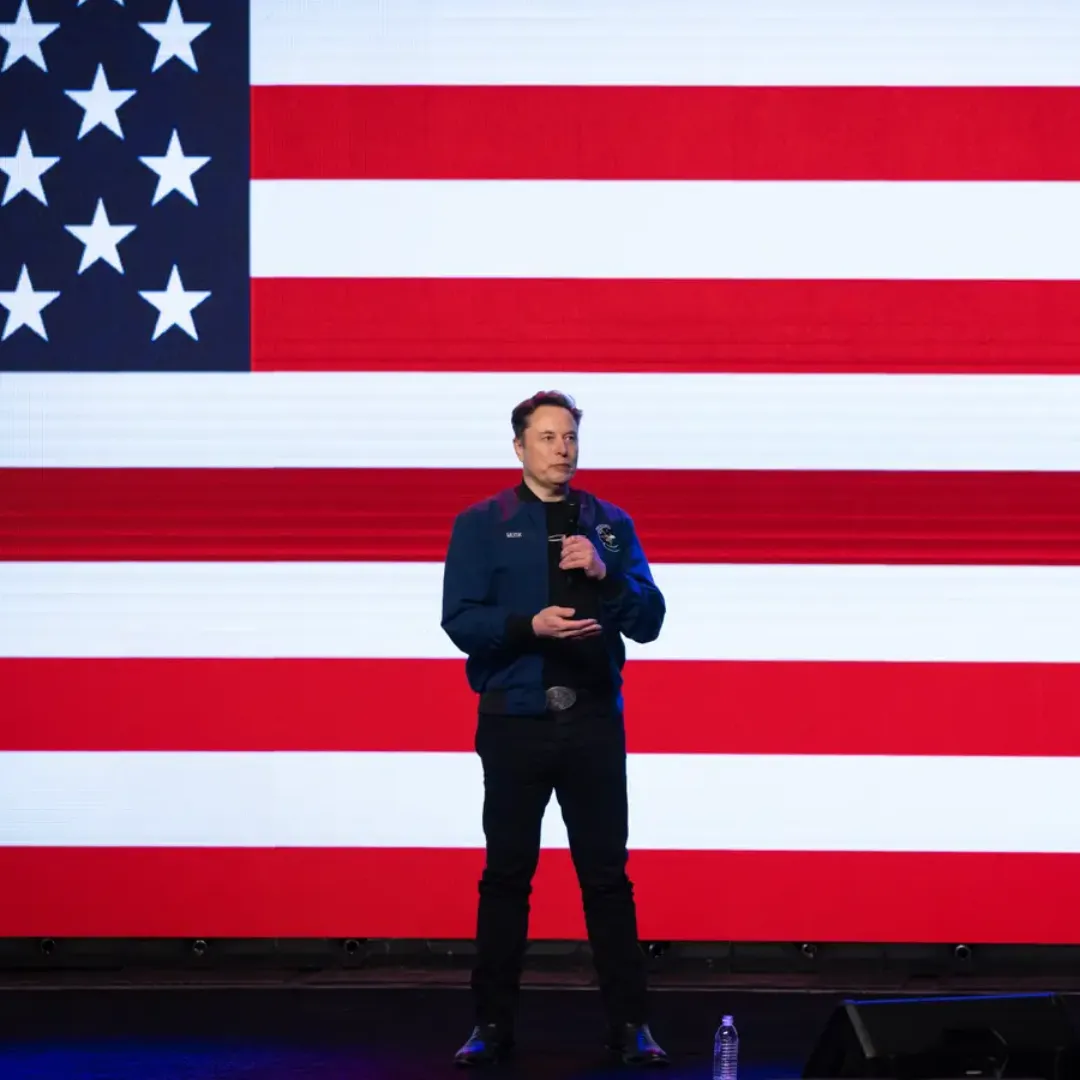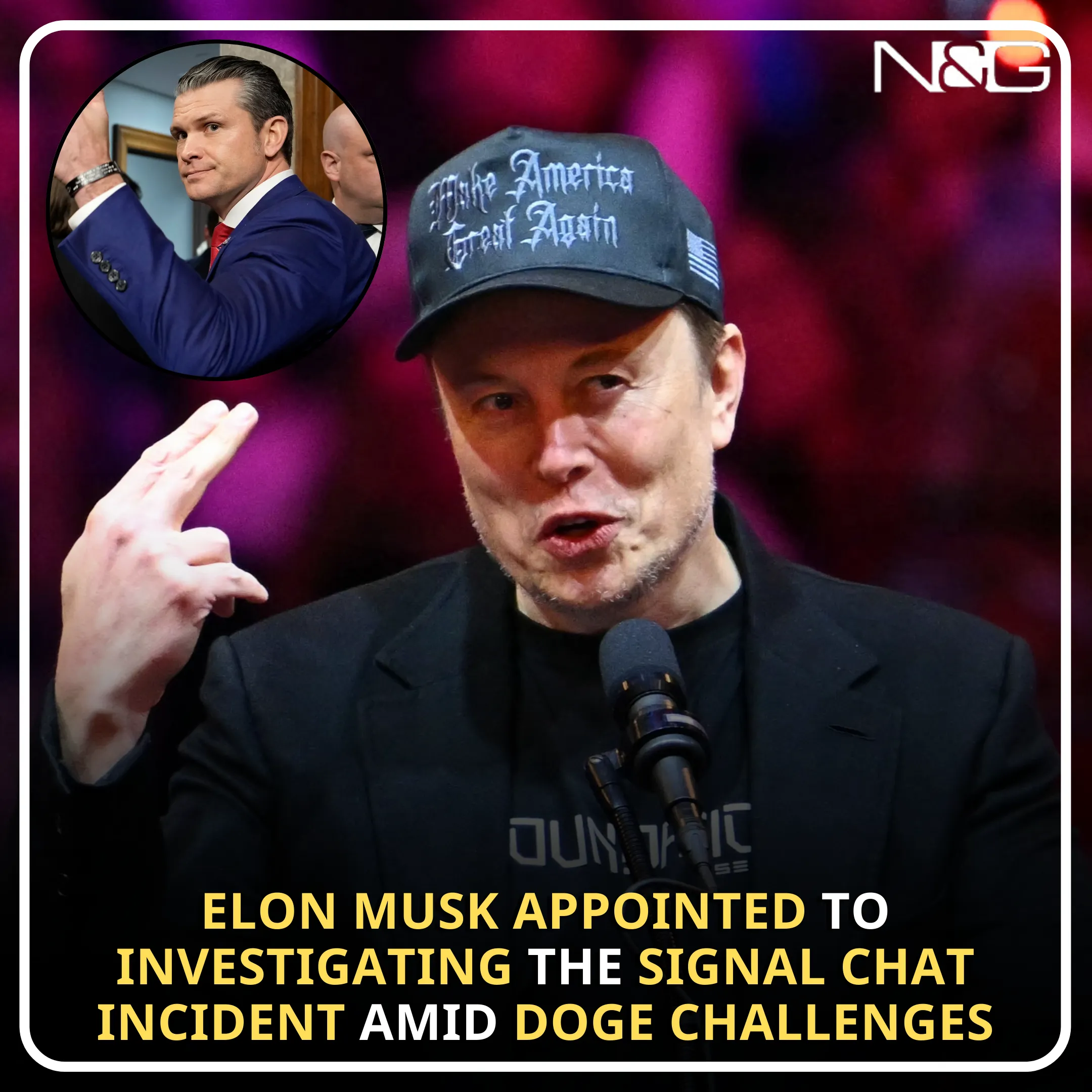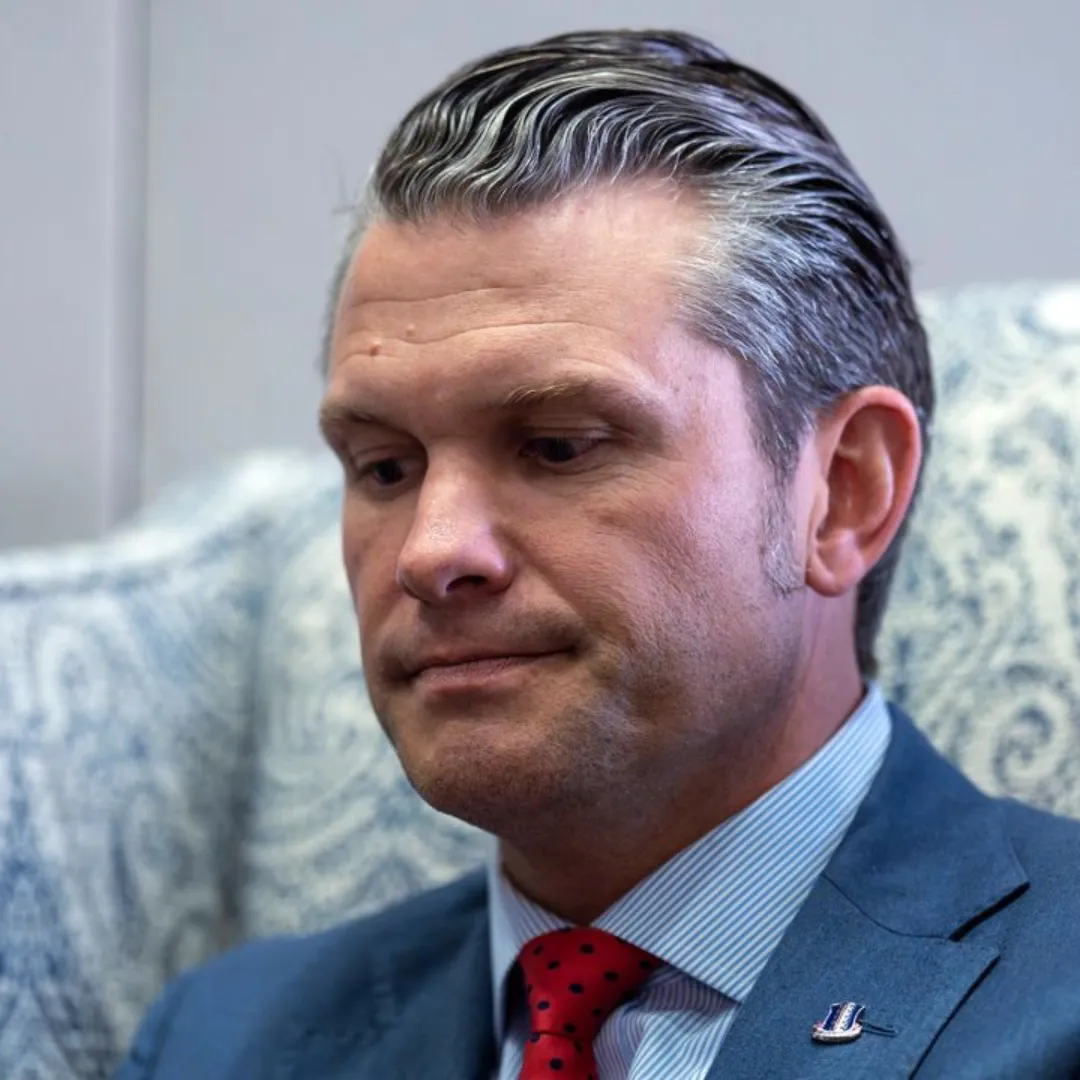
In a rare and pointed rebuke of former President Donald Trump, Senate Minority Leader Mitch McConnell (R-Ky.) publicly questioned the Trump administration’s recent personnel decisions involving the Department of Defense and the National Security Agency.
Specifically, McConnell criticized the abrupt firing of NSA Director Gen. Timothy Haugh and the appointments of what he called “amateur isolationists” to key defense policy roles.
“If decades of experience in uniform isn’t enough to lead the NSA, but amateur isolationists can hold senior policy jobs at the Pentagon, then what exactly are the criteria for working on this administration’s national security staff?” McConnell told The New York Times.
“I can’t figure it out,” he added, signaling deep unease over Trump’s reshaping of national security leadership during his return to the White House.
Gen. Timothy Haugh, a career Air Force officer and cybersecurity expert, had been serving as the dual-hatted leader of the National Security Agency and U.S. Cyber Command since early 2023.
His removal, reportedly carried out without explanation, shocked defense officials and lawmakers on both sides of the aisle.
Haugh was known for his quiet but effective leadership and had been a key figure in efforts to modernize U.S. cyber defense operations and coordinate global cybersecurity partnerships with allied nations.

His dismissal comes amid a wider shake-up at the top levels of the U.S. military and intelligence community, as Trump begins installing loyalists and ideological allies across the national security infrastructure.
The lack of a stated reason for Haugh’s firing has fueled speculation. Critics point to online posts from far-right influencers like Laura Loomer, who recently launched a public campaign against figures she perceives as “embedded deep state operatives.”
In a social media post on Saturday, Loomer criticized Haugh for being appointed by Gen. Mark Milley, the former chairman of the Joint Chiefs of Staff.
She called Milley a “traitor” and claimed the intelligence and defense communities are filled with “bad actors” that must be removed.
“It’s going to take time to hunt these people down, publicly expose them, and have them fired,” she wrote on X (formerly Twitter).
McConnell’s remarks reflect a growing divide within the Republican Party over national security policy and personnel.
Traditional GOP defense hawks—long supportive of military strength, alliances, and global deterrence—are increasingly at odds with Trump’s America First approach, which leans toward military disengagement and skepticism of international commitments.
Senator Roger Wicker (R-Miss.), chairman of the Senate Armed Services Committee, joined McConnell in voicing concerns about Trump’s Pentagon appointments.
In a recent hearing, Wicker sharply criticized Andrew Byers, Trump's pick for deputy assistant secretary of defense for South and Southeast Asia.

“Mr. Byers believes thinking about communist China through the lens of deterrence is wrong,” Wicker said.
“He thinks maybe we should give up what he calls ‘belligerent policies’ toward China. That’s deeply troubling at a time when Chinese aggression is on the rise.”
Similarly, Trump’s selection of Michael DiMino to serve as deputy assistant secretary of defense for the Middle East has drawn fire.
DiMino has previously argued that the U.S. does not face “vital or existential threats” in the region—a position that has alarmed pro-Israel advocates and national security traditionalists.
“Putting people with these views in charge of strategic regions sends a terrible message to our allies,” said one former Pentagon official, speaking on condition of anonymity. “It undermines the decades of partnerships we’ve built.”
Trump’s reappointment of ideologically driven aides with limited government or military experience reflects a growing shift toward isolationism within the MAGA movement.
Unlike the neoconservative era of the early 2000s, when the GOP was closely associated with interventionist foreign policy, many in Trump's circle now argue for a narrow, domestic-focused definition of national interest.
This philosophy—dismissed by McConnell and others as “amateur isolationism”—has informed personnel choices and policy shifts that de-emphasize traditional alliances like NATO, reduce overseas military engagement, and treat long-term strategic competition, particularly with China, in unconventional ways.

Trump’s defenders argue that this approach is a necessary corrective to what they call “globalist overreach.”
“President Trump is cleaning house,” said a senior administration official.
“He’s bringing in people who understand that our national security priorities need to serve the American people first—not unelected bureaucrats or foreign governments.”
Still, the transition is proving rocky, with experienced professionals either resigning or being forced out.
Many career military and intelligence officers say morale is sinking under an atmosphere of ideological purging.
The friction extends beyond personnel decisions into rhetoric and online narratives. Loomer’s posts accusing Gen. Milley of treason have gained traction in fringe corners of the internet—and even within parts of Trump’s base.
Milley, who reportedly called Trump “fascist to the core” in comments quoted in Bob Woodward’s book, has become a lightning rod for pro-Trump activists.
By firing Haugh—whom Milley helped elevate—Trump may be signaling loyalty to the base and a willingness to follow through on longstanding MAGA complaints about the “deep state.”
“Make no mistake,” wrote Loomer, “we’re just getting started.”
But this kind of language worries defense officials and lawmakers who fear it contributes to the politicization of the military and intelligence community—traditionally insulated from electoral politics.
“This isn't just about policy disagreements,” said a retired intelligence officer. “This is about undermining institutional trust and weakening our global posture.”
The policy shifts and personnel changes could have broad consequences for U.S. security posture around the globe.
In the Middle East, skepticism toward sustained U.S. engagement threatens to alienate allies like Israel, Jordan, and the United Arab Emirates.
DiMino’s statements about the region not being of “vital interest” have caused unease among diplomats in the region.
In Southeast Asia, where Byers will play a key role, countries like the Philippines, Vietnam, and Indonesia are watching closely to see whether the U.S. remains committed to deterring Chinese expansionism in the South China Sea.
“The U.S. can't afford to look uncertain in Asia,” said a former diplomat with experience in the Pacific region. “China is watching every signal we send.”
Moreover, the targeting of experienced figures like Haugh sends a message to those inside the defense community: loyalty to Trump may now matter more than qualifications or service.
McConnell’s comments may mark the beginning of a larger intra-party reckoning over the GOP’s national security identity.
As Trump continues to consolidate power within the Republican Party, voices like McConnell's, though prominent, are increasingly out of step with the base.
But they are not alone. Several retired military leaders, foreign policy experts, and establishment Republicans have expressed concern that the Trump administration is embracing a dangerous mix of ideological purity and institutional distrust.
“This is a test,” said a former senior CIA official. “Not just for Trump’s team, but for the country. Do we value experience and stability—or are we turning national security into a political loyalty test?”
With the 2026 midterms on the horizon and Trump’s influence dominating the Republican field, the battle over the direction of U.S. national security policy is far from over.
For now, McConnell’s words stand as a rare moment of defiance from within the GOP establishment. Whether others will join him—or be sidelined in the name of party unity—remains to be seen.





